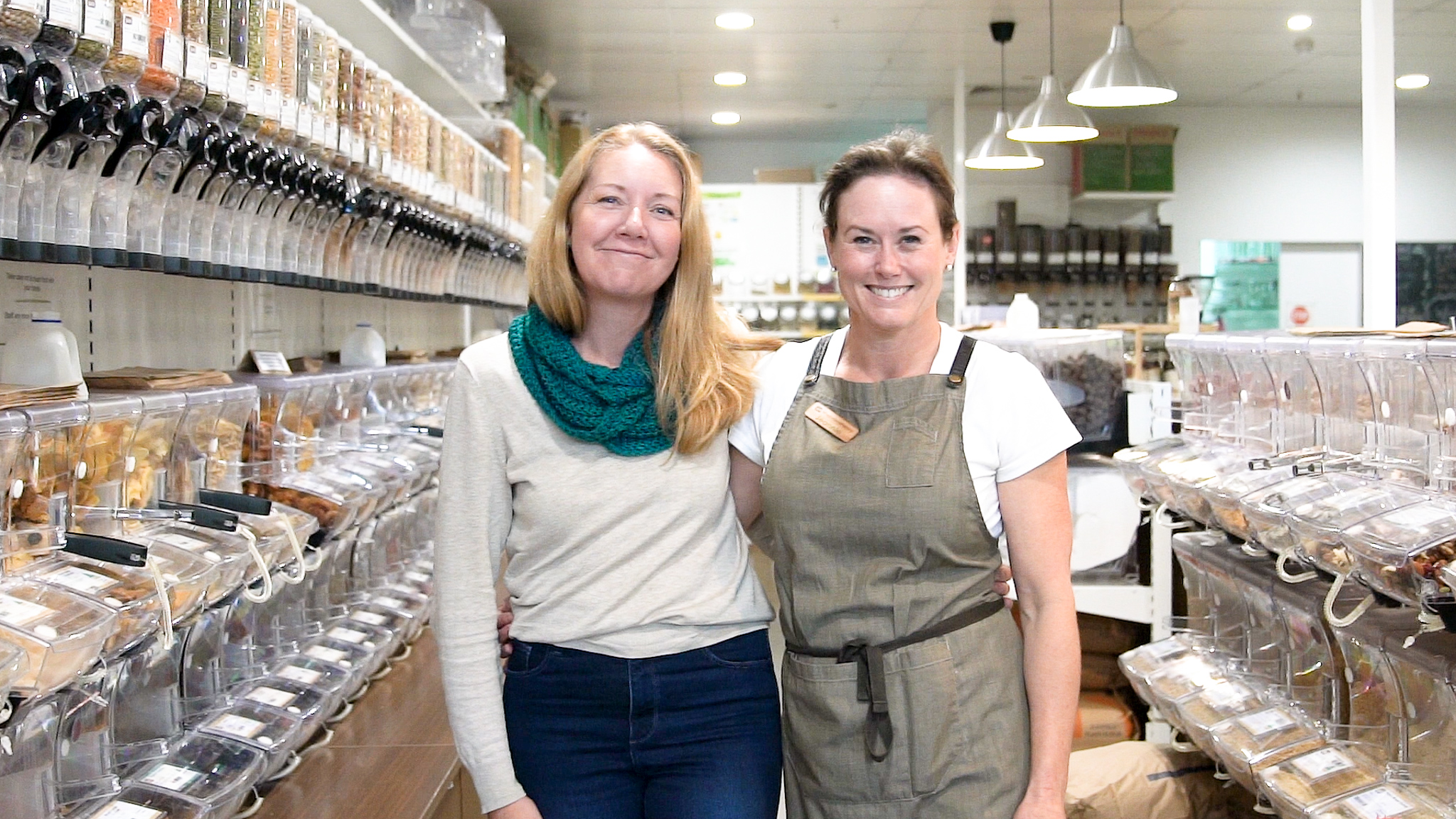
Get a taste for low waste - the Wasteless Pantry story
Join the GREAT Sorts in your neighbourhood who embrace low waste living by shopping at their local bulk food store.
Posted on: July 13, 2020
There’s a lot of truth in the phrases “everything old is new again” and “one man’s trash is another’s treasure”. Embracing second-hand – either as a buyer or a seller – is an excellent way to reduce your household waste and own your impact.
Not sure where to start? We’ve put together a guide to help you on your preloved journey to success.
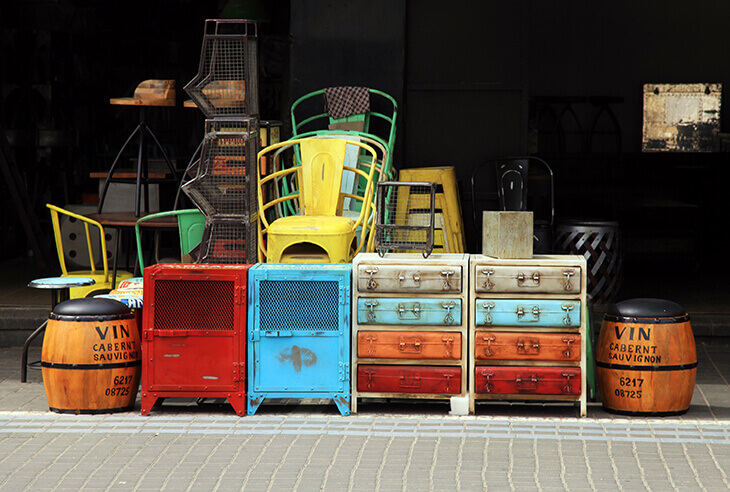
Forget about ride-sharing, we think the rise of online marketplaces for second-hand items has been one of the most valuable outcomes of the sharing-economy!
These are some of our favourite online places to shop, sell and share.

Next time you need something prioritise online research for second-hand items over a trip to the shops.
WA is home to a vibrant – but perhaps underground – sharing and waste avoidance culture thanks to the Buy Nothing Project. There are around 150 locally-based groups, hosted on Facebook, where you can give away items you don’t want anymore and ask for items that you may need (to keep or to borrow). Group members will live in your local community so there’s minimal travelling required and with a constant stream of offers and requests, these groups are making sure plenty of waste is being kept from landfill.
If you haven’t yet joined your local group do it now – all you need is a Facebook account and an appetite to ‘give freely’.
Many communities also have localised groups where people can list items for sale through Facebook. This is a new approach to the traditional newspaper ‘classifieds’ and can also be a great way to find items you need from the comfort of your couch. Search Facebook Marketplace to get started.
Head to online classified website Gumtree to buy and sell pretty much anything. It’s free to list items in most categories (some, such as car sales incur a fee, others provide an option to improve how many people are shown your ad in return for a small fee.) Sellers set the price, buyers then get in contact to arrange a viewing or collection or to confirm a sale. You can also give away items (or find things for free) – just look under the “Freebies” category.
If you are a first-timer, you also might want to familiarise yourself with the process via Gumtree’s help section.
If you’re looking to declutter, or prefer to be able to see and touch objects as you shop then perhaps you might like to hit the markets.
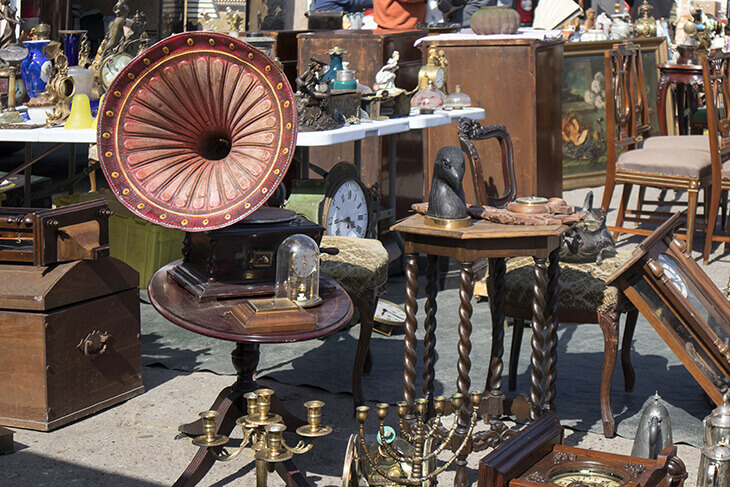
Second-hand markets can be a great place to buy and sell if you prefer a more personal approach.
Swap meets, swap marts, flea markets, car boot sales – whatever you like to call them – are something of an Australian institution and they are still going strong across Perth’s suburbs on a regular – often weekly – basis.
Sellers arrive early to set up their stalls (paying a small fee to do so) and buyers typically pay a small donation to enter and browse the eclectic mix of belongings on sale.
| North | South |
|---|---|
If you prefer a little more structure and consistency to your markets than what you’ll find at a swap meet there are a number of themed events held across Perth.
Here are some of our favourites:
If you have others you can recommend please get in touch and let us know your top tips.
If you don’t mind early starts and exploring the suburbs why not try your luck at a garage sale? Look out for signage, check the paper, or take a look at the ‘Garage Sale” listings on Gumtree.
Also don’t forget to keep an eye out for the annual Garage Sale Trail.
Sometimes items destined for landfill don’t quite make it – and that’s a good thing! WA is home to a number of excellent tip shops, normally run by the local shire or metropolitan council and situated alongside a tip (or waste disposal site), and salvage yards.
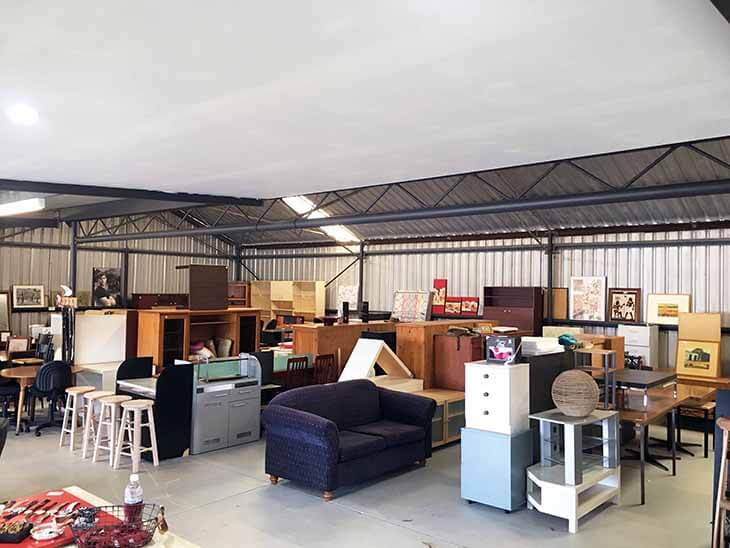
Never underestimate what you might find at your local tip shop. Read more about the great work places like the Balcatta Recycling Shop are doing to divert waste from landfill.
These include:
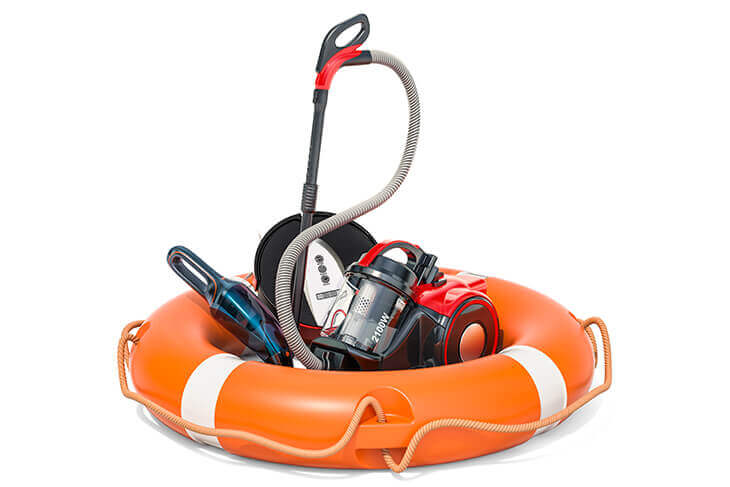
You’ll be saving more than just money by buying used and refurbished goods.
From white goods to electrical items and furniture to jewellery, second-hand items are easier to find that you might have realised.
Why not visit your local pawnbroker or a specialist second-hand outfit (think furniture, cars and books) or ask your retailer about whether they sell refurbished options before you head straight to new? If the knowledge that your reducing waste isn’t enough just remember that you’ll probably earn yourself a hefty discount for doing so, too!
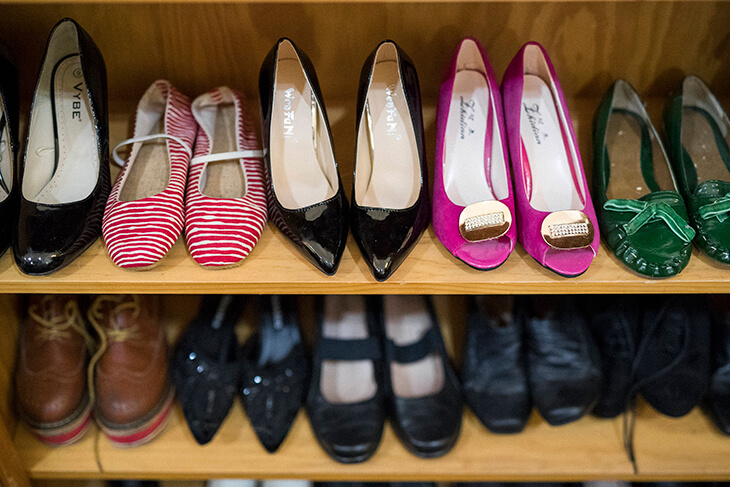
When it comes to op shops, we’re spoilt for choice.
No second-hand shopping list is complete without mentioning op shops – once upon a time known as opportunity shops, due to the fact they created opportunities for those with lower incomes or difficulties in obtaining employment. While still achieving these outcomes, these stores have also become an invaluable tool for prolonging the life of objects.
We’ve dedicated an entire post to op shops where we’ve even identified some of WA’s best second-hand shopping destinations – thanks to help from our WasteSorted communities on Facebook and Instagram.

Join the GREAT Sorts in your neighbourhood who embrace low waste living by shopping at their local bulk food store.
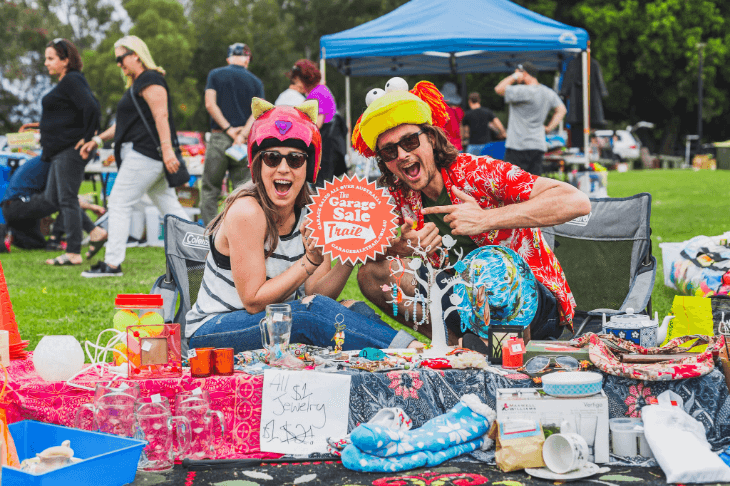
Why selling and shopping on the trail will help you to reduce your waste.
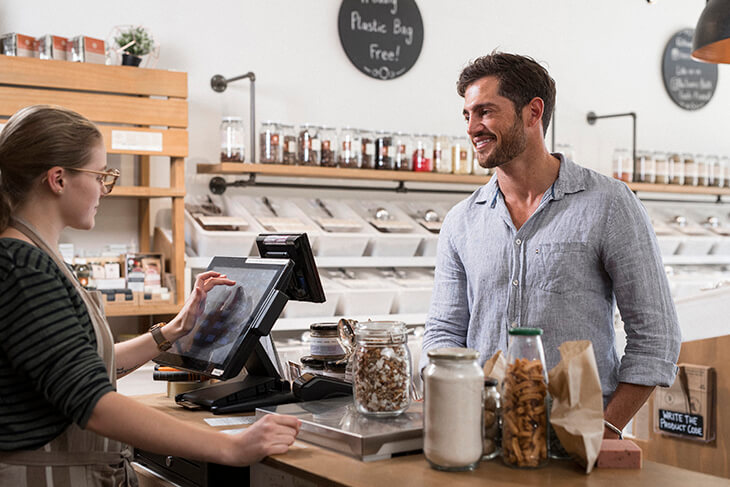
Does the idea of entering a bulk food store seem intimidating? Read more for our tips and tricks on becoming a seasoned bulk food store shopper!